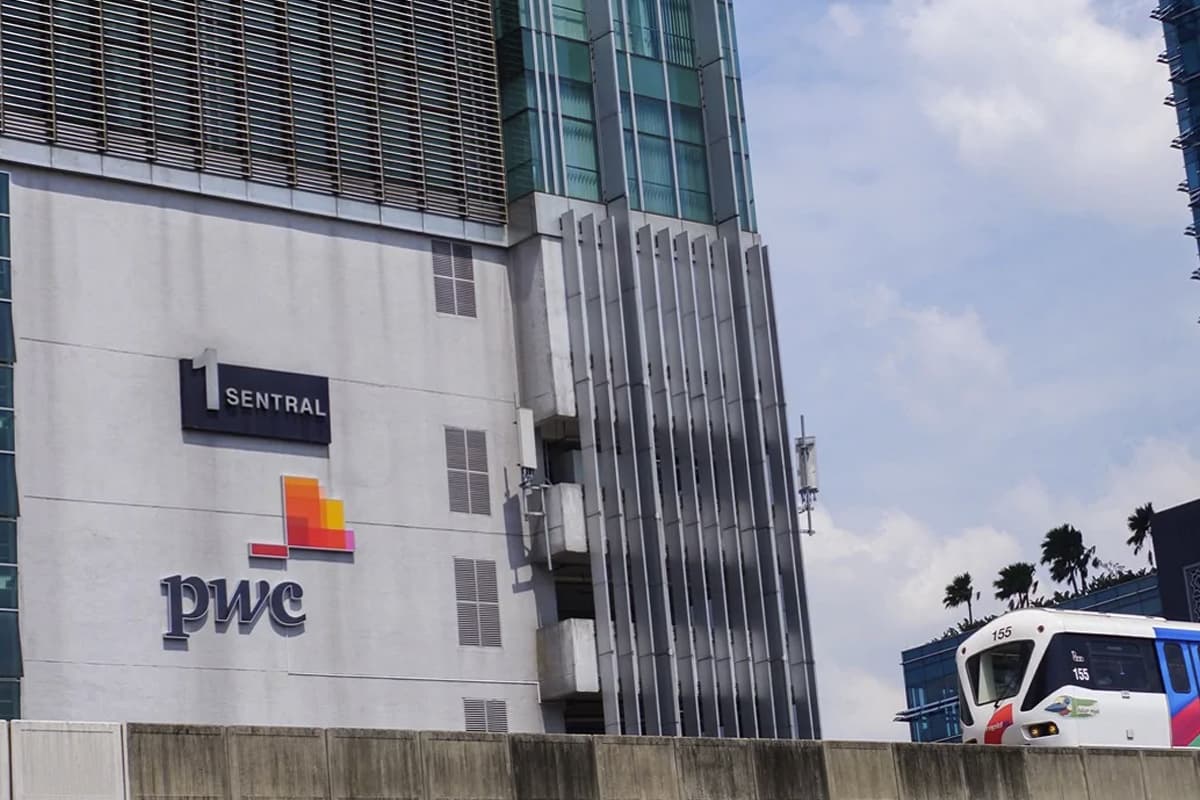
KUALA LUMPUR (April 6): Only 47% of Malaysian firms surveyed by PwC said they were well-prepared for the Covid-19 pandemic.
According to a statement announcing PwC's Global Crisis Survey 2021, a quarter of Malaysian organisations said they did not have any response plans in place before Covid-19.
This is underscored by various factors, namely that 15% did not have designated response teams to deal with Covid-19, and that 31% felt their communication with external parties were not effective.
In fact, 45% only took action once the government declared Covid-19 a national crisis.
Meanwhile, 83% said their businesses were negatively impacted by the crisis
The survey, which was conducted from Aug 20, 2020 to Jan 25, 2021, was completed by 2,814 respondents from 73 countries with 92 respondents from Malaysia.
The Malaysian respondents said within their organisations, they felt the areas that were most negatively impacted are supply chain and operations, their workforce, and finance and liquidity.
Meanwhile, PwC’s survey revealed that organisations that took steps to enhance technology have reported that they are in a better place in terms of organisational resilience.
Some 58% felt they had the right technology in place to help facilitate the coordination of their crisis response team, and 67% felt technology has promoted their organisation’s ability to gather and use the right information for decision-making.
“Businesses are realising that investments in technology are not only a strategy for growth, but in times of crises, they provide valuable insights to help leaders understand what is happening across the organisation.
"Access to data means they are able to make swift decisions to ensure operations carry on with contingencies in place, or resources are redirected to more critical areas. This helps businesses pivot more quickly, so they spend less time reacting and more time on higher value recovery activities,” said PwC Malaysia's forensics and crisis leader Alex Tan, Cyber.
Based on the findings from the survey, PwC said it has collated three ways companies can better prepare for a crisis, which are to have the right building blocks in place, build trust in resilience and become crisis-agnostic.
“The survey data and insights provide an important snapshot to a unique moment in time, and with the benefit of hindsight, we’re able to draw a roadmap for rethinking and strengthening resilience capabilities,” said Tan.
On that note, PwC said the survey showed business leaders believe they had taken steps to support their teams with 77% saying that their organisations considered employee wellness and their needs during the pandemic.
As Malaysian organisations look forward to recovery and better growth prospects ahead, evaluating how the crisis was handled, enhancing their business continuity and crisis response plans and developing resilience programmes may get lost in the shuffle of day-to-day business, Tan added.
“But leaders should not let the lessons learnt in this past year disappear in the rearview mirror. Building resilience into your organisational DNA requires addressing it as a priority. And more importantly, your plans should be ‘crisis-agnostic’, meaning it continues to be relevant to future crises. This is the hallmark of a resilient organisation,” said Tan.